A little less than two months ago, Ecuador began electricity rationing due to low water levels at their hydroelectric dams. For the past several weeks the power has gone out for 4-14 hours a day. The times differ from week to week (and sometimes change twice in a day) so it really keeps everyone on their toes! For us, this is a moderate inconvenience since we do so much work online and we have an electric water heater and stove. When the power goes out, often the towns can’t pump water so we lose water as well.
- Without electricity most evenings, kids use flashlights to complete their assignments, homework, and reading.
- When kids need to do research for their homework assignments, they are forced to use their parents cellphones and hope that there is a strong enough cell connection to connect to the internet.
Unfortunately, the people around us have been struggling much more since their businesses and work need electricity (restaurants, stores, bakeries, etc). It also makes it difficult to store food. But the people here are remarkably resilient. Families are still getting their children to school on time each day, even while eating breakfast and getting dressed in the dark. Teachers at the Mission School have adapted by returning to blackboard learning when projectors are unavailable. Our university students meticulously plan their schedules to ensure their assignments are completed during available power hours, often rising before dawn or using weekends to catch up. It’s inspiring to see these families, teachers, and students, who are so dedicated in their commitment to education despite so many current barriers. ![]()
- We are fortunate that all of the classrooms at the Mission School have large windows that allow for plenty of natural light during the day, even when there is no electricity.
- Teachers have adapted well to conducting their classes without electricity while still finding ways to make the material fun and engaging.
The most pressing issue that the electricity rationing has presented is food safety and storage at the Mission Home. The Mission Home stores weekly supplies of vegetables and meat in their industrial size refrigerator and freezer in order to feed the children at the home. But 14 hours without electricity is a long time, and we are worried about food safety and unnecessary waste when things spoil quickly without refrigeration. Right now, when the power shuts off, Betty, the missionary caregiver in charge of the kitchen, unplugs all of the electrical appliances in the kitchen so that when the power returns the electricity surge does not damage the machines or cause an electric fire. She plugs everything back in when the electricity returns to ensure that the fridge and freezer systems can regain coolness as soon as possible. Often this means she is setting an alarm to wake up at 1am or 4am for the sole purpose of reconnecting the refrigerator and freezer to electricity. Even with this herculean effort on the part of Betty, we are still worried about food safety. As a result, we have decided to procure generators for the Mission Home for the sole purpose of keeping food storage safe and maintained. As the entire country is facing this electricity crisis, generators are much harder to come by. But we are happy to share that we have found machines sufficient for powering our industrial kitchen appliances in a city 8.5 hours from us, and they are scheduled to arrive next week. It is only due to your generosity that we are able to consider these crisis time projects, and we thank you for your partnership in this work! We look forward to updating you on the progress of our generators and the electricity situation here in Ecuador.
- One week supply of fruit, vegetables, and meat arriving at the Mission Home. The children eagerly help unload the truck.
- With the electricity cuts, the Mission Home has to coordinate when the food arrives to ensure that it can be safely put away in the industrial refrigerator and freezer for storage.


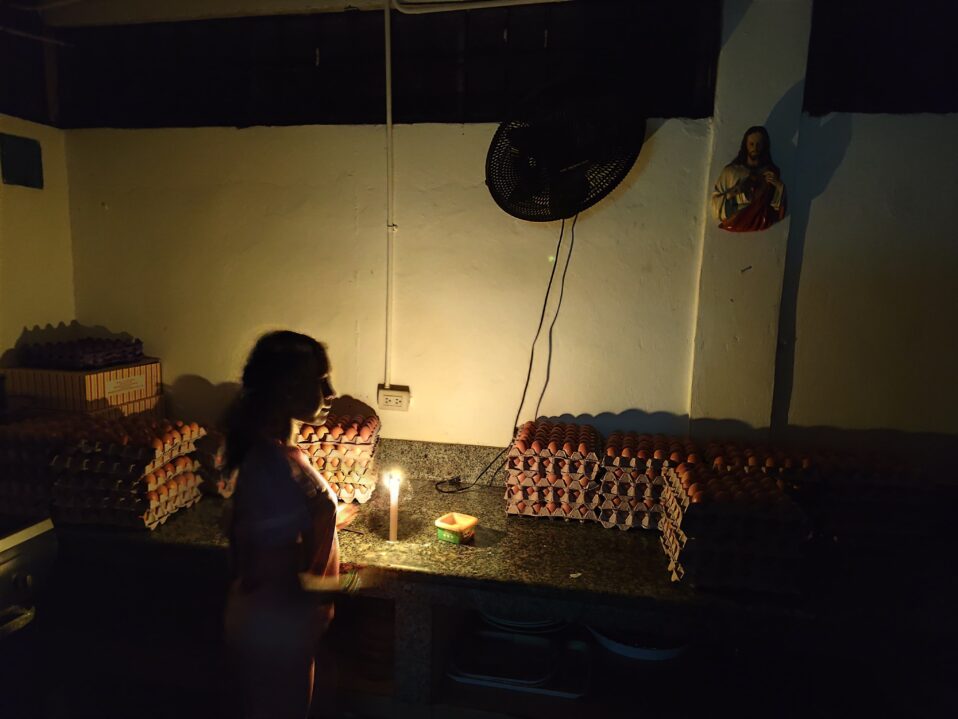
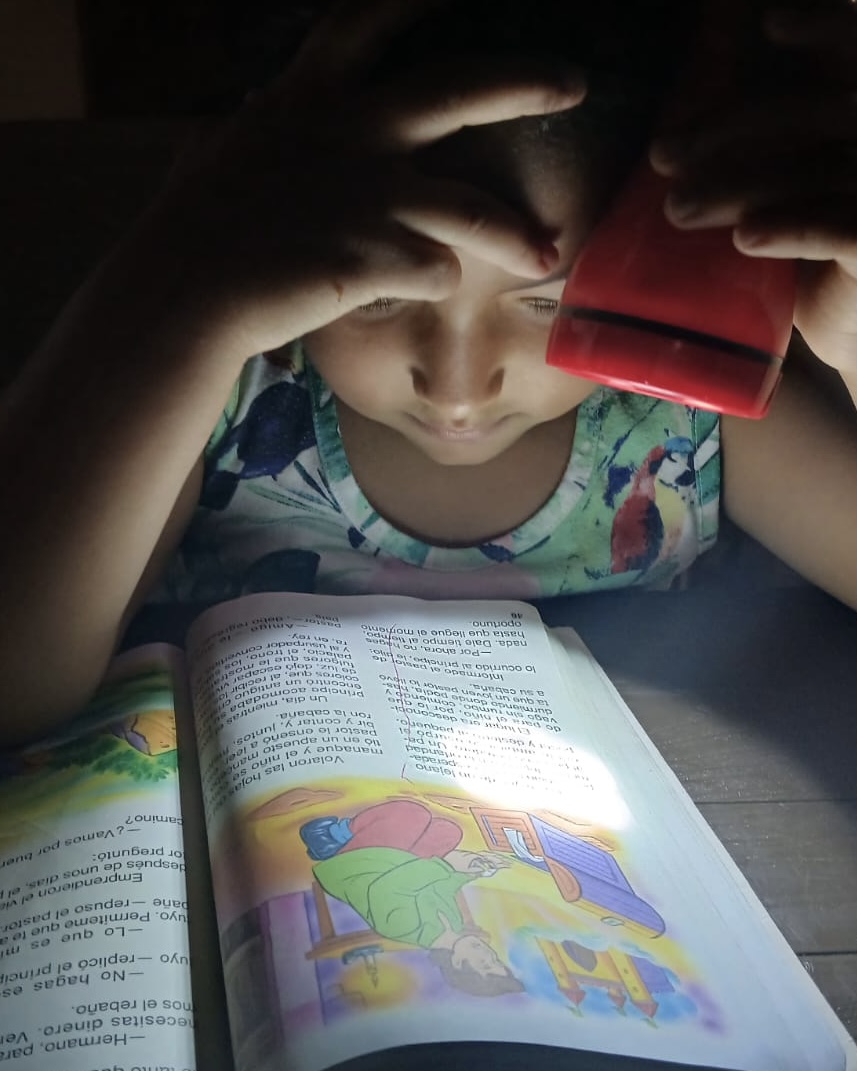
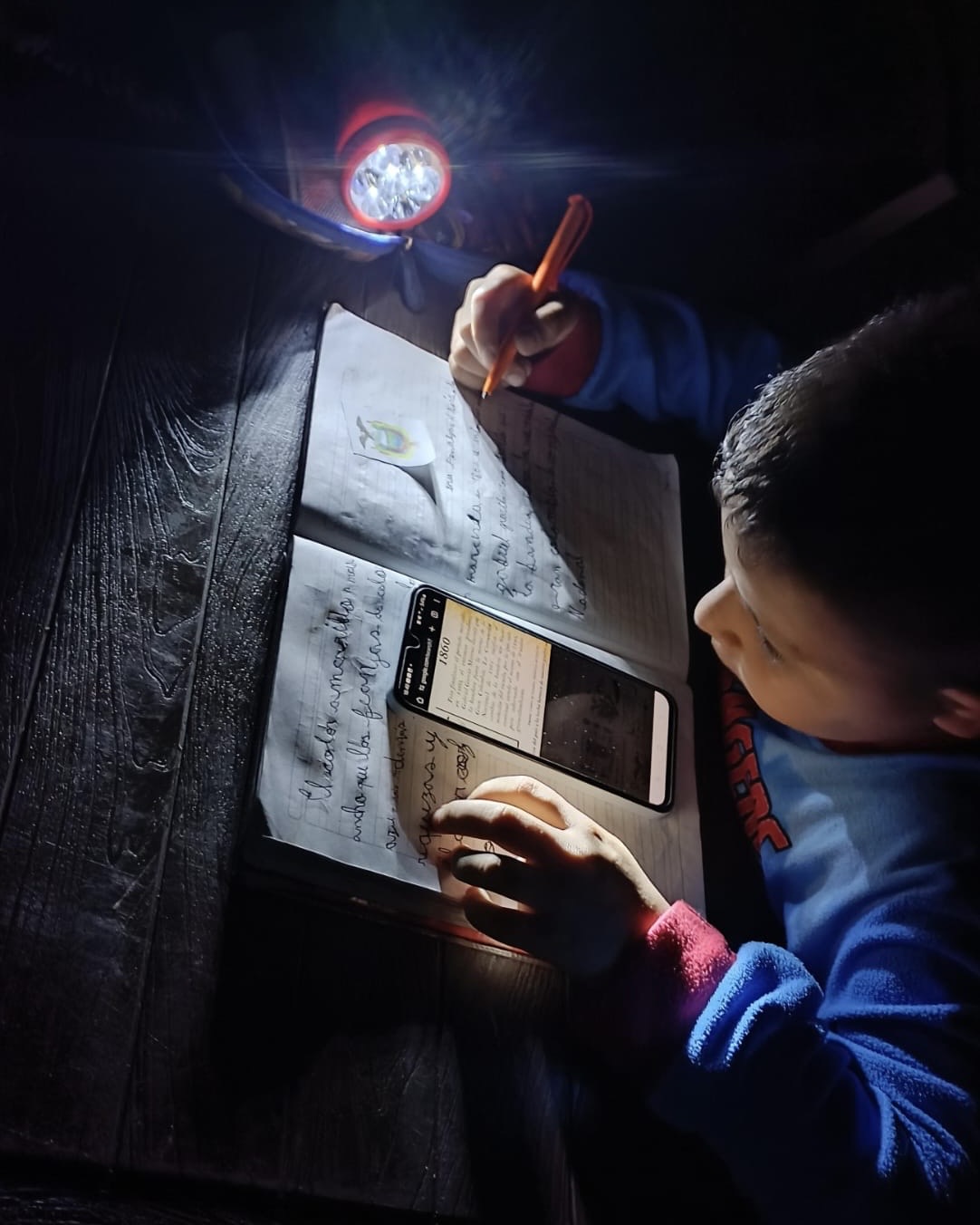
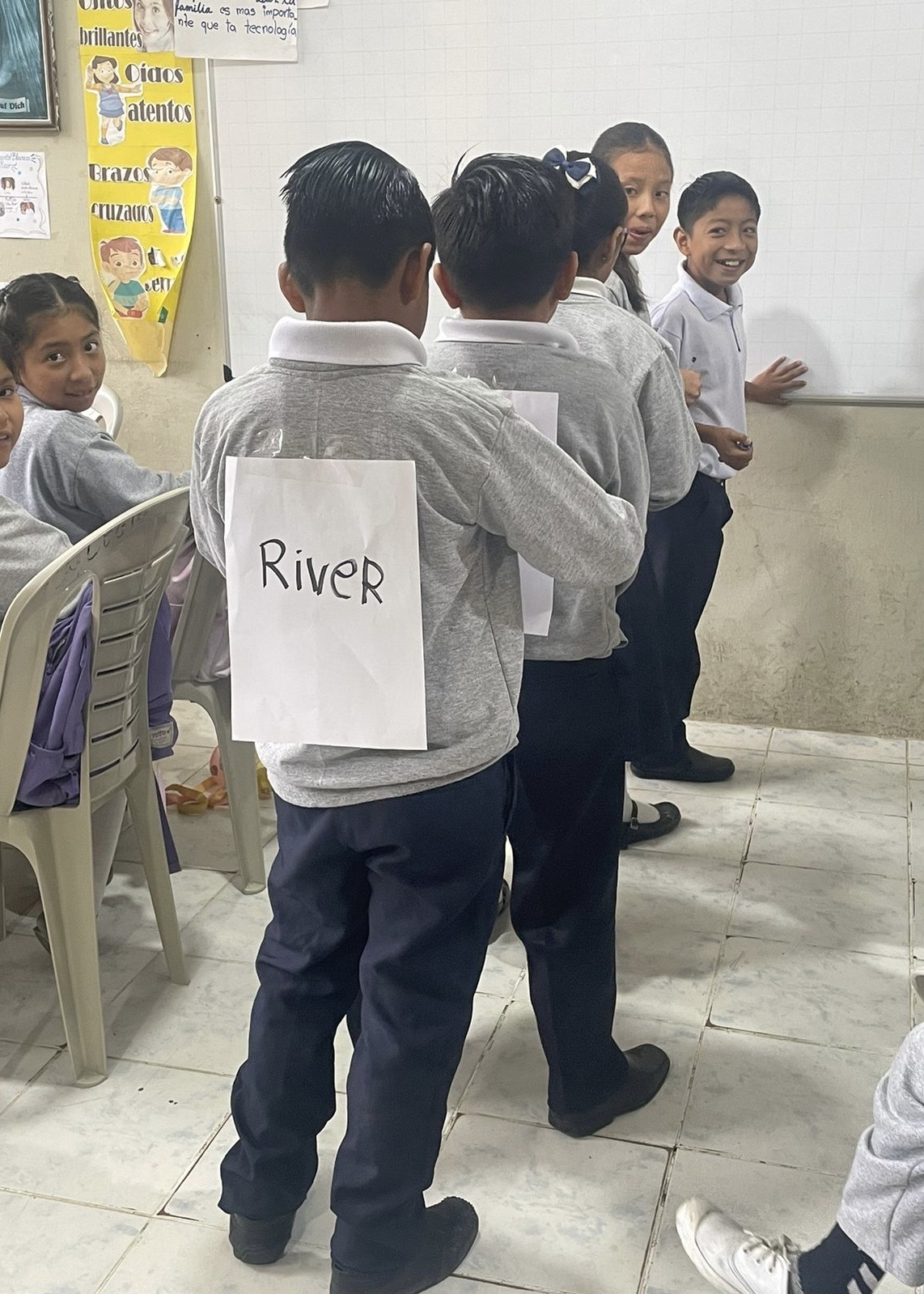
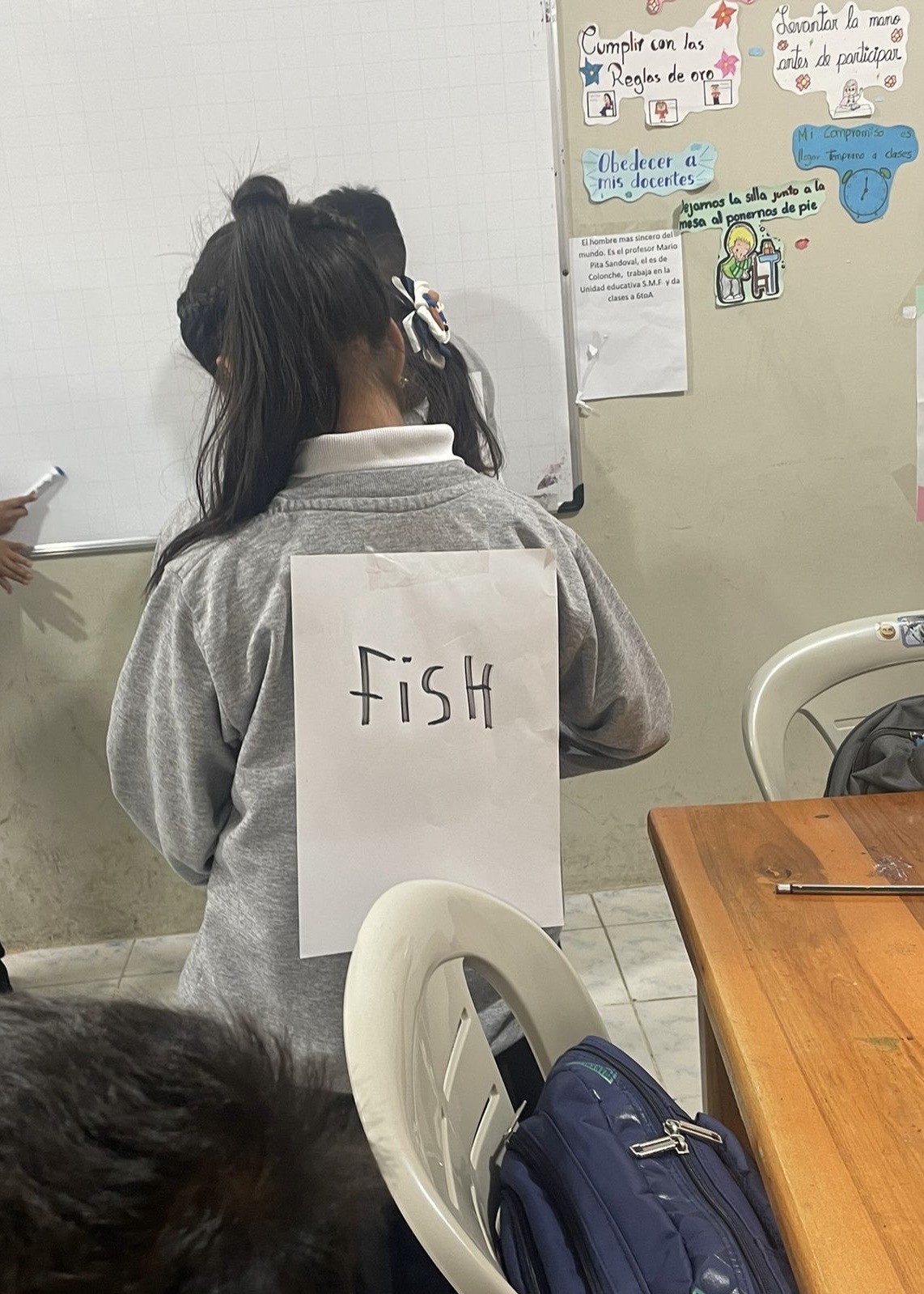
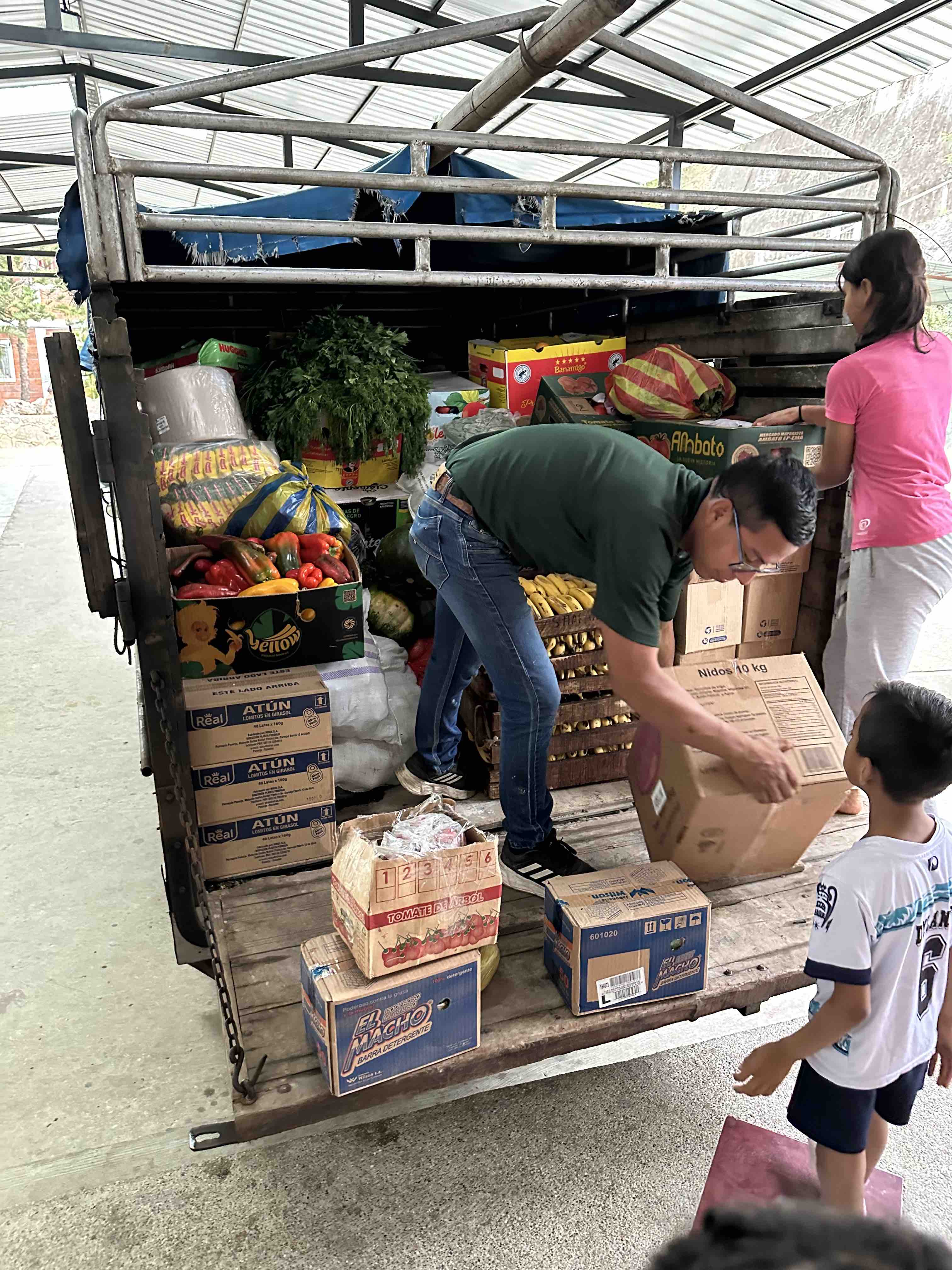
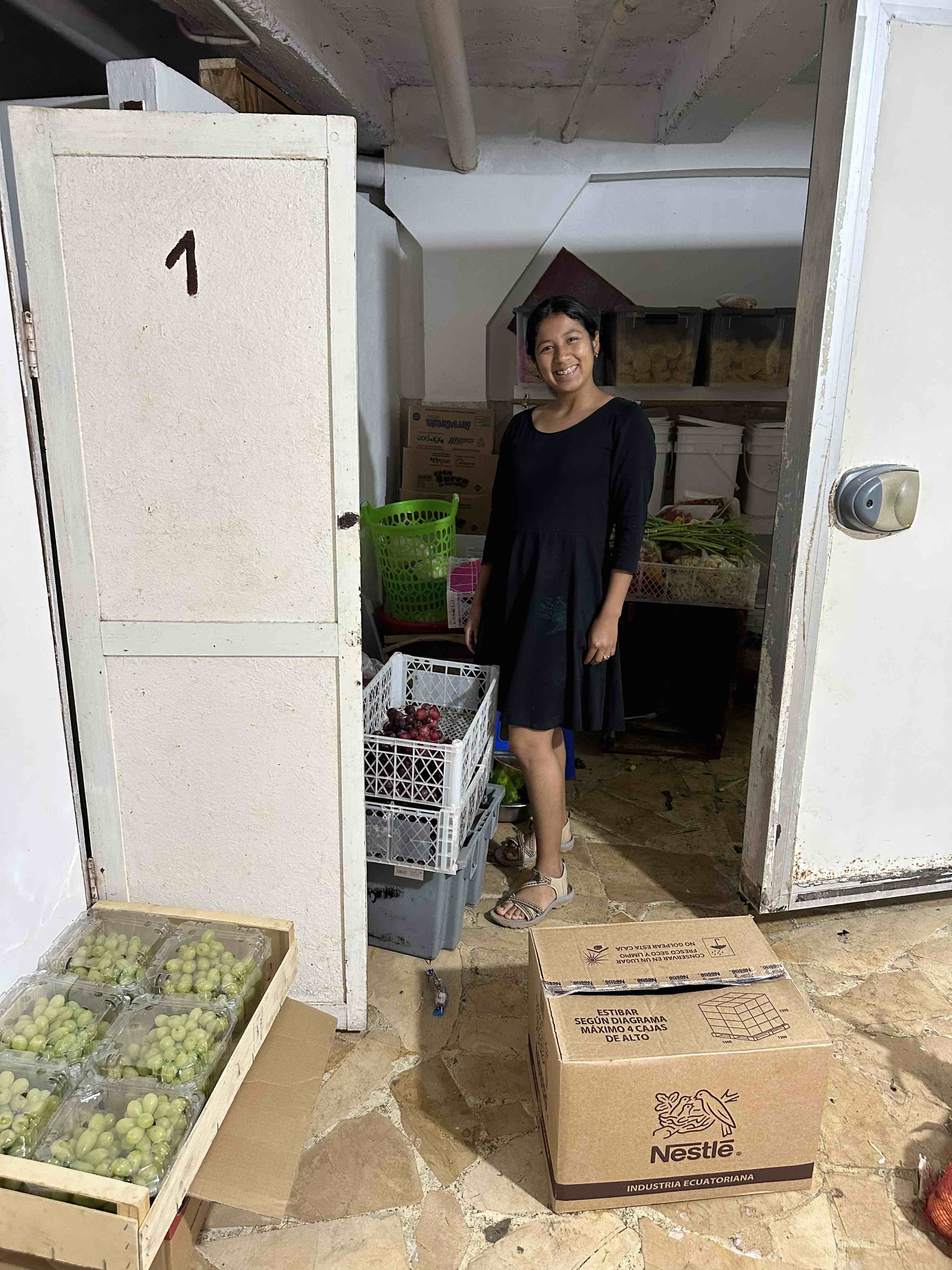
Recent Comments